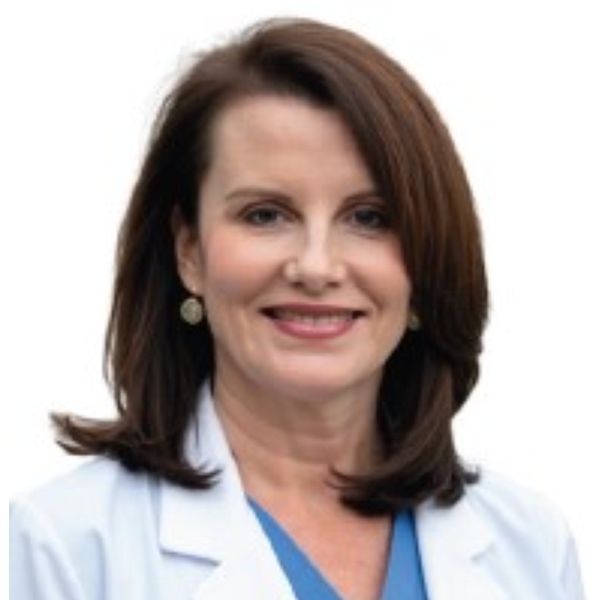Dr. Claire Bowles is treating women at a Novant Health virtual clinic focused exclusively on menopause. See the box below to schedule an appointment.
A 2023 study found that almost half of women felt they weren’t informed “at all” about menopause before they started to experience symptoms.
Women in the study reported that they had difficulty finding accurate and usable information about menopause, were offered wrong treatments for their symptoms, and felt “deeply impacted” by how much misinformation was out there.
Here are some common misconceptions about menopause, as well as the facts, so you’ll know what’s really going on with your body.
Get personalized care in Novant Health's virtual menopause clinic.
Misinformation: Menopause only occurs in women over 50.
Fact: While the average age of menopause is around 52, menopause can begin earlier. Early menopause (before age 45) or premature menopause (before age 40) can happen due to medical conditions, genetics or treatments like chemotherapy.
Misinformation: Hormone replacement is harmful and should be avoided.
Fact: Hormone replacement can be safe and effective for many women, particularly when used for managing symptoms. Individual risk factors should be discussed with a health care clinician.
Misinformation: Menopause happens suddenly.
Fact: Menopause is a gradual process and varies, depending on the patient.
Misinformation: Weight gain during menopause is inevitable.
Fact: Hormone changes can affect metabolism, but weight gain is not inevitable. Implementing a healthy diet, regular exercise and lifestyle changes can help maintain weight.
Misinformation: Menopause causes severe symptoms for all women.
Fact: Symptoms vary wildly from person to person. Therefore, treatment needs to be individualized.
Misinformation: Menopause doesn’t impact long-term health.
Fact: Declining estrogen increases the risk of osteoporosis and cardiovascular disease. Regular preventive health screening and proactive lifestyle measures are essential.
Misinformation: There’s nothing you can do about menopause.
Fact: There are a number of treatment options, including lifestyle changes, medications and hormonal therapies to help manage symptoms.
Note: Bowles will continue to see her current patients at Novant Health Bradford Clinic OB/GYN - Charlotte.















